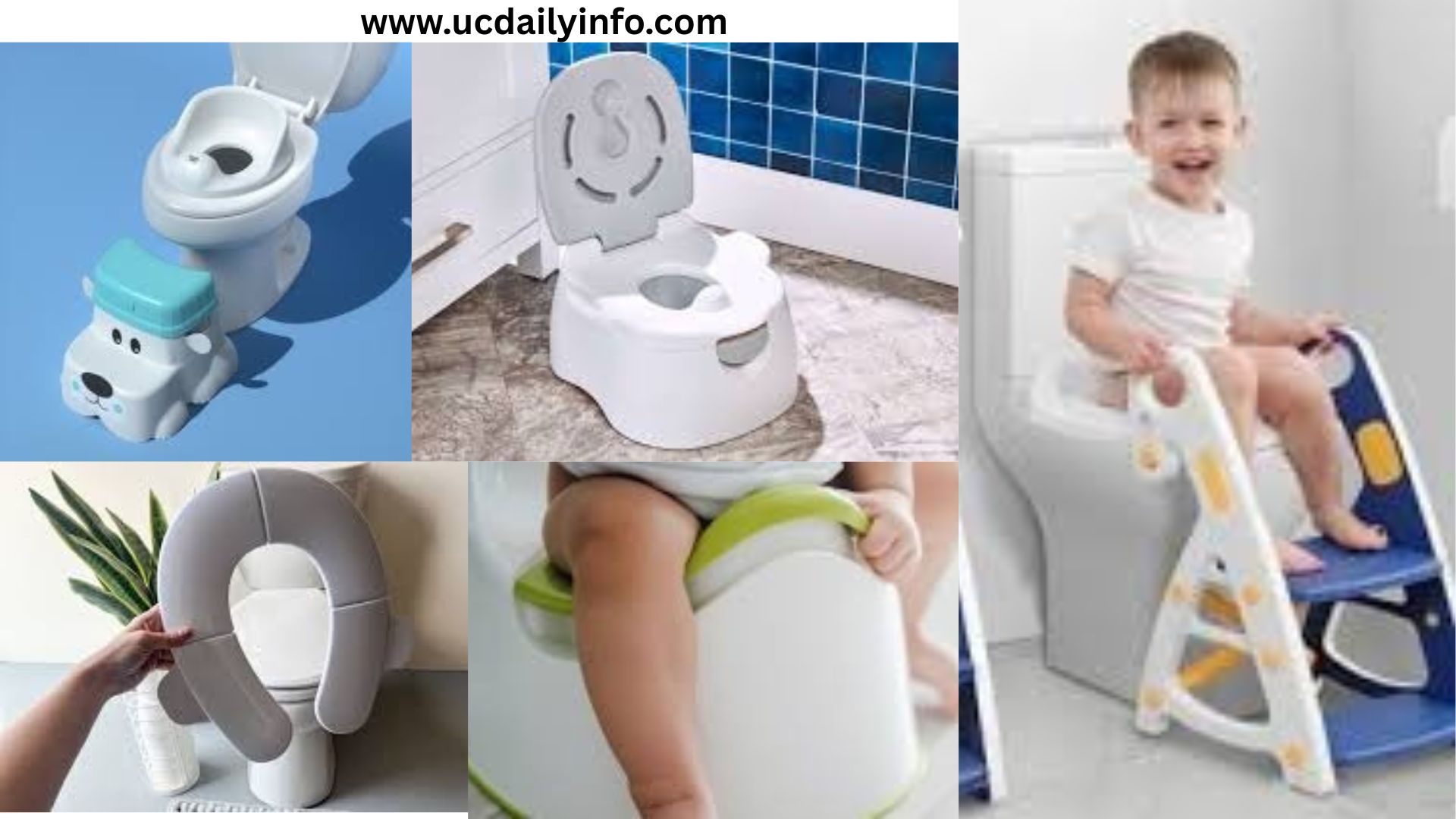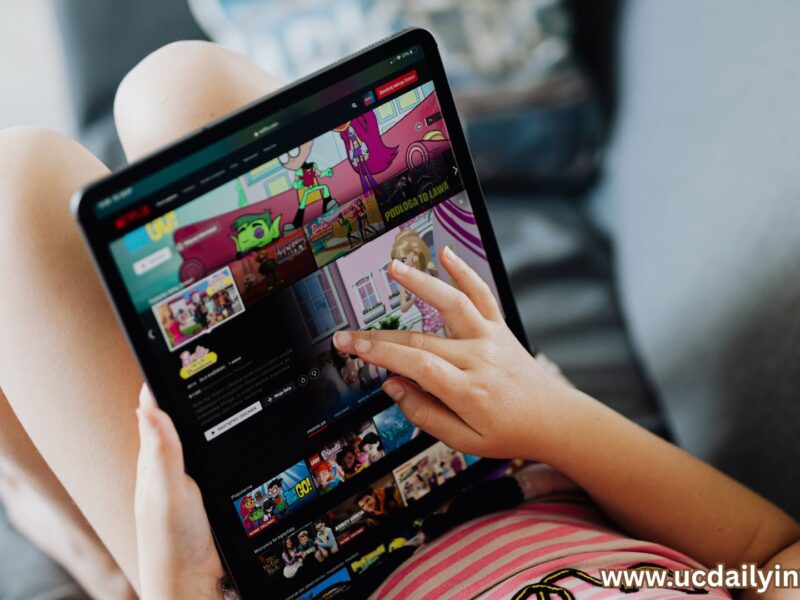Potty Training Made Easy and 5 Tips That Actually Work
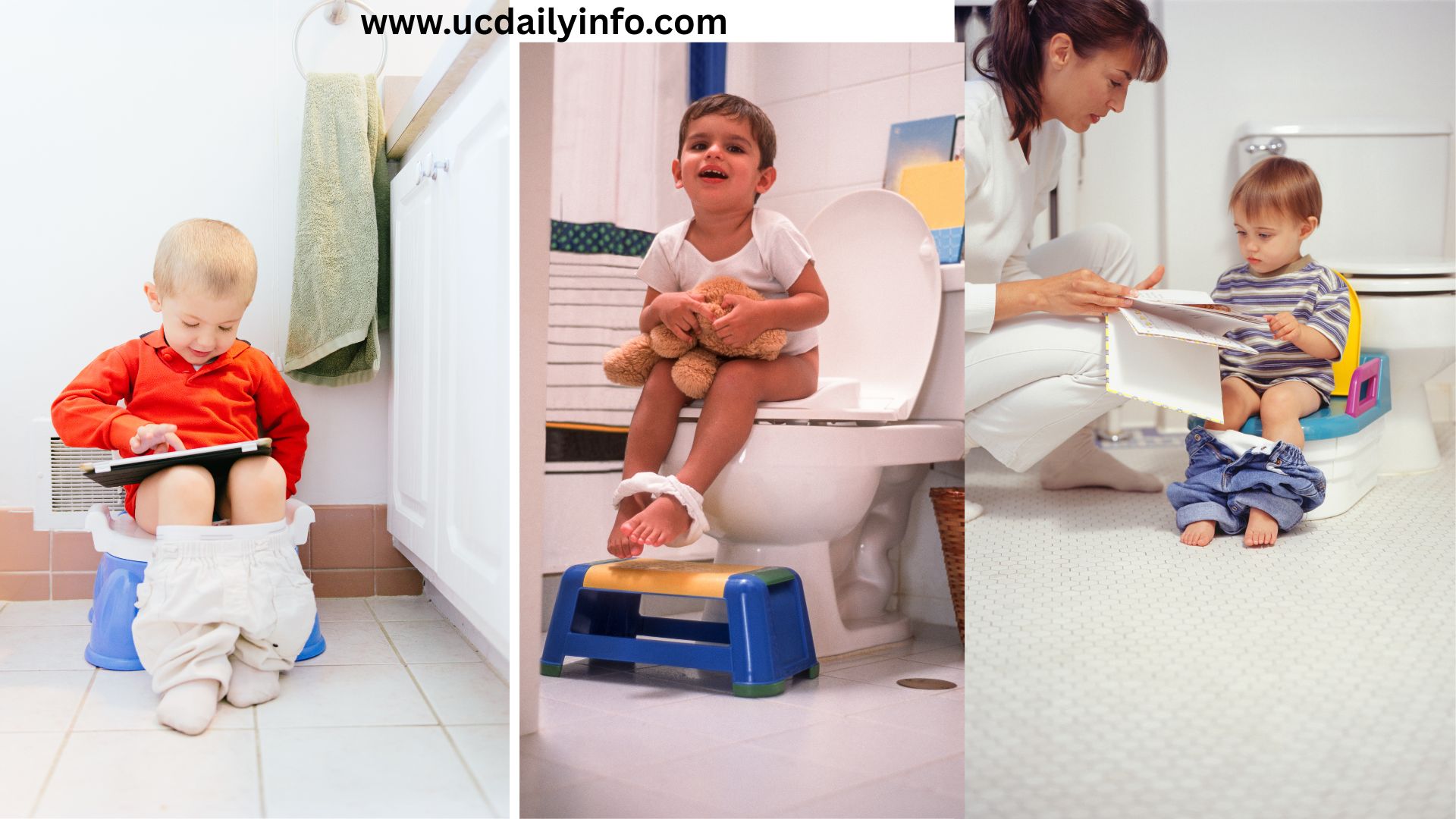
Potty training, it’s one of the biggest milestones in your toddler’s journey to independence, and let’s be honest, one of the most challenging for parents too, Between the accidents, resistance, and countless bathroom trips, it can feel overwhelming at times. But here’s the good news: with the right approach and a little patience, potty training doesn’t have to be stressful.
Every child learns differently, and that’s perfectly okay. The key is to make the process fun, consistent, and positive. Whether your little one is just starting to show interest or you’ve tried before without success, these five proven potty training tips will help you get back on track, without tears or frustration.
From creating a simple routine to using the right potty tools and encouraging your child with praise, this guide will walk you through practical strategies that truly work for real families. So grab your reward chart, stay calm, and let’s make potty training easier (and even a little fun) for both you and your toddler.
When should I start potty training my child?

One of the most common questions parents ask is, when should I start potty training my child? The truth is, there’s no perfect age, and every toddler develops at their own pace. Instead of focusing on age, look for signs of readiness. Most children show interest somewhere between 18 months and 3 years old, but what matters most is whether they’re emotionally and physically prepared.
Potty Training Made Easy and 5 Tips That Actually Work
Here are a few telltale signs your child may be ready to start:
- Staying dry for two hours or more at a time.
- Showing curiosity about the toilet or wanting to wear “big kid” underwear.
- Communicating through words, gestures, or facial expressions when they need to go.
- Hiding to poop or becoming uncomfortable with dirty diapers.
- Following simple instructions and showing some independence (like pulling pants up and down).
It’s also important to consider timing in your child’s life, avoid starting during big transitions like moving homes, starting daycare, or welcoming a new sibling. Potty training works best when life feels stable and calm. Remember: readiness beats rushing. Starting too early can lead to frustration, while starting when your child is ready leads to faster, happier success.
5 Tips That Actually Work (Potty Training Made Easy and 5 Tips That Actually Work)
-
Create a Fun and Positive Potty Routine
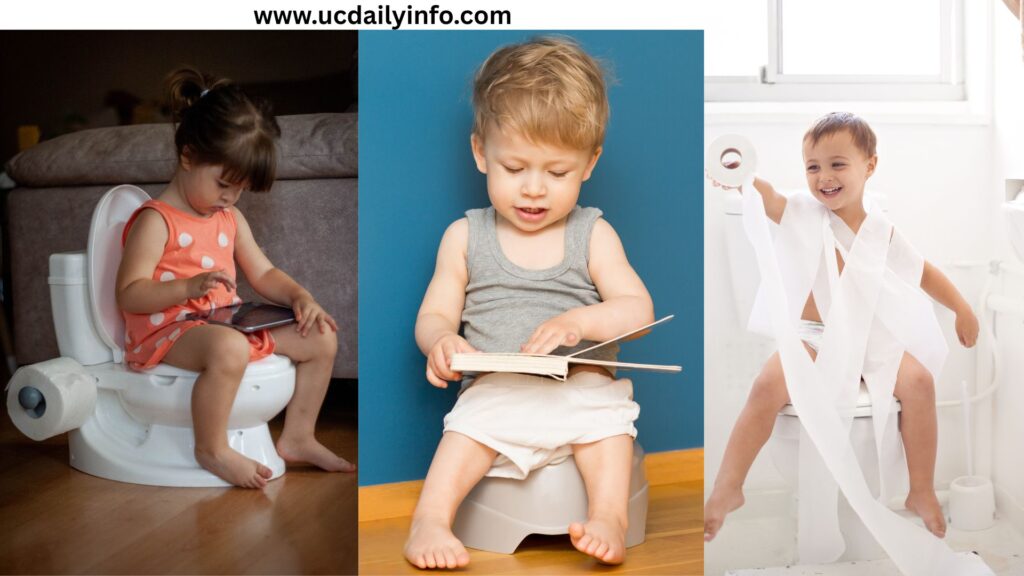
- Turn potty time into a game, not a chore.
- Use songs, reward charts, or storybooks.
- Set a timer or schedule “potty breaks” every 2 hours.
-
Use the Right Potty Tools
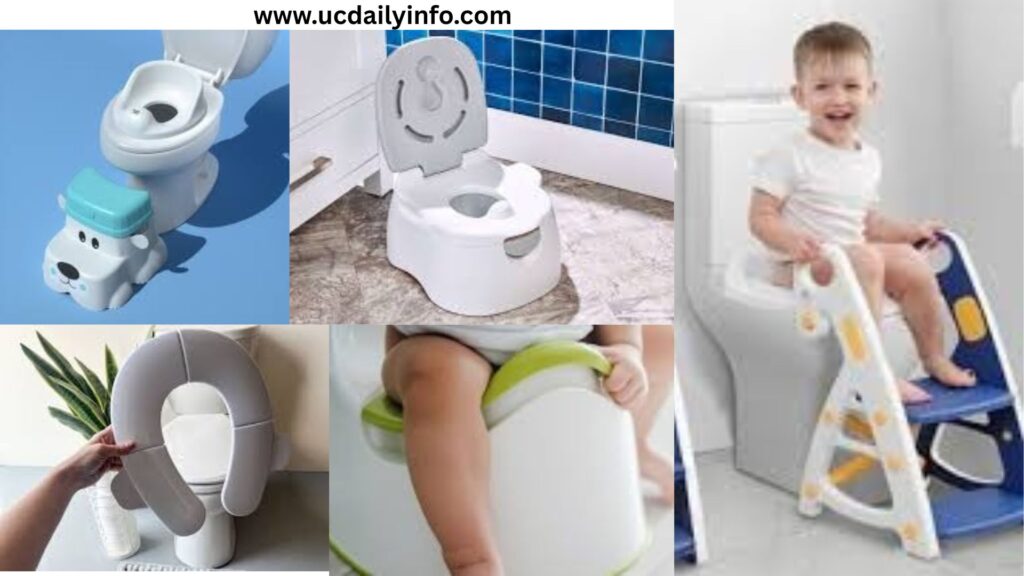
- Mention the difference between stand-alone potty chairs and seat reducers.
- Recommend must-have items:
- Toddler-friendly potty seat
- Step stool
- Flushable wipes
- Easy-to-remove pants
-
Encourage, Don’t Pressure (Potty Training Made Easy and 5 Tips That Actually Work)
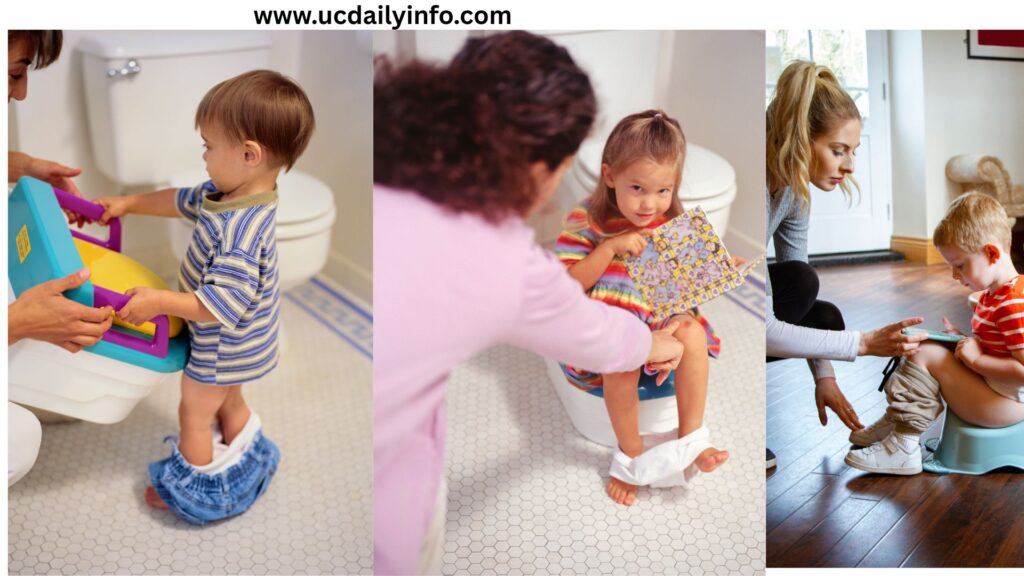
- Praise every effort (even sitting on the potty).
- Use sticker charts or small rewards.
- Avoid punishment or frustration, stay patient.
- Remind readers that accidents are part of learning.
-
Consistency at Home and Outside (Potty Training Made Easy and 5 Tips That Actually Work)
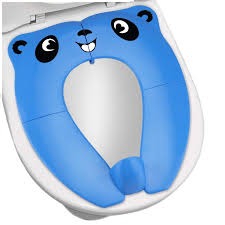

- Keep the same routine wherever you go.
- Bring a travel potty or seat insert when out.
- Communicate with caregivers or daycare teachers for consistent habits.
- Tip: Pack a “potty training travel kit” (spare clothes, wipes, small bags).
-
Handle Accidents Gracefully


- Stay calm and reassuring, never shame or scold.
- Teach your child how to clean up with your help.
- Emphasize progress over perfection.
Common Potty Training Mistakes to Avoid (Potty Training Made Easy and 5 Tips That Actually Work)
- Starting too early.
- Being inconsistent with routines.
- Expecting overnight success.
- Comparing your child’s progress to others.
Celebrate Every Little Win (Potty Training Made Easy and 5 Tips That Actually Work)

Potty training may feel like a big challenge, but with patience, encouragement, and the right approach, it can become one of the most rewarding milestones in your child’s early years. Remember, every child learns at their own pace, some take to it quickly, while others need a little more time and reassurance. What matters most is keeping the process positive and consistent.
Celebrate every small victory, from sitting on the potty to staying dry through the night. These little moments build confidence and help your child feel proud of their progress. Don’t stress over setbacks, they’re part of the learning process.
With a calm attitude, a fun routine, and lots of praise, you’ll help your little one master potty training with confidence. So take it one step at a time, stay patient, and before you know it, your toddler will be officially diaper-free, and you’ll both be smiling at how far you’ve come.
You May Like;
